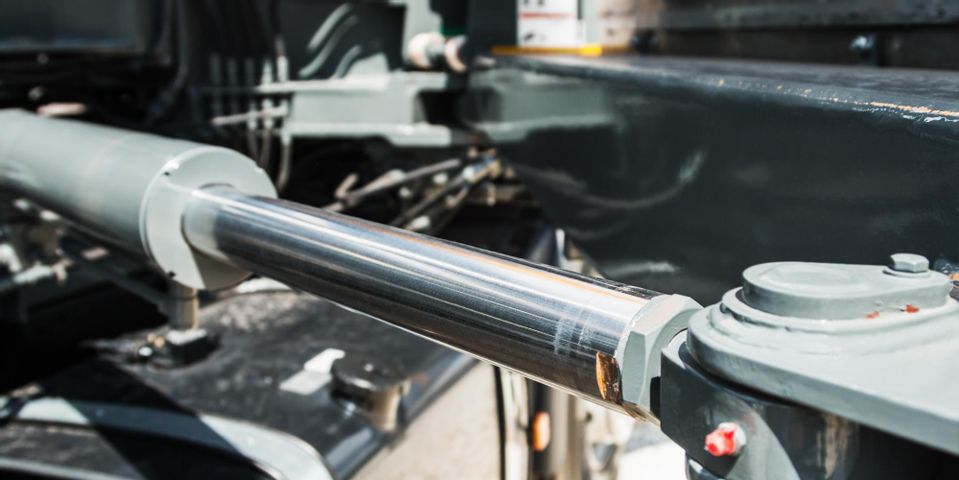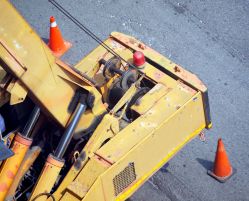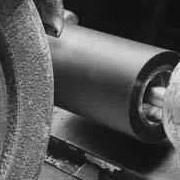The 4 Most Common Reasons Hydraulic Cylinders Fail

Hydraulic cylinders can exert immense force, due in part to the intense pressure inside the device. While these components are designed to withstand constant use, corrosion and other factors can eventually lead to sudden failures that can bring your operations to a halt. Understanding why cylinders fail can help you take steps to prevent damage before it leads to expensive hydraulic repairs.
4 Common Causes of Failed Hydraulic Cylinders
1. Leaking Seals
Seals keep fluid from leaking out of the cylinder and allow pressure inside to rise. Over time, even the hardiest seals erode, but regular maintenance can slow the process and help prevent catastrophic failure.
Old, dirty hydraulic fluid carries contaminants that accelerate corrosion of seals and gaskets and run at higher temperatures, contributing to the damage. To maximize the life of your seals, follow the maintenance schedule set by your equipment’s manufacturer.
2. External Damage
 Hydraulic cylinders are made from durable materials, but they’re still subject to damage from accidents and equipment malfunctions. Falling tools, forklift mishaps, and other incidents can dent or deform the exterior casing and compromise its structural integrity.
Hydraulic cylinders are made from durable materials, but they’re still subject to damage from accidents and equipment malfunctions. Falling tools, forklift mishaps, and other incidents can dent or deform the exterior casing and compromise its structural integrity.
A damaged cylinder can be extremely dangerous, so have your equipment inspected by a hydraulic repair expert after an accident, even if it doesn’t seem to be seriously damaged.
3. Damaged Piston Rods
The piston rod, which exerts the force created by pressure inside the hydraulic system, should move smoothly and evenly through the cylinder. If the rod is bent or damaged, the load will be distributed unevenly, applying more pressure to some parts of the cylinder. Piston rods should be inspected on a regular basis and repaired or replaced at the first sign of damage.
4. Extreme Environments
Certain seals and fluids perform best in certain conditions and can actually degrade quickly in extreme environments. For instance, extremely high temperatures can cause polyurethane seals to fail quickly, while some types of fluid thicken in cold conditions.
When choosing a hydraulic system, check with the manufacturer to ensure it’s rated for harsh environments.
Since 1946, businesses throughout the Cincinnati area have relied on R.A. Heller Co. for expert hydraulic repairs and precision results. Their team has over 150 years of combined experience helping clients in a broad array of industries get the most out of their valuable equipment. Visit their website for more on their hydraulic repair services, get more professional tips and insight on Twitter, or call (513) 771-6100 to discuss a project with a member of their team.
About the Business
Have a question? Ask the experts!
Send your question

